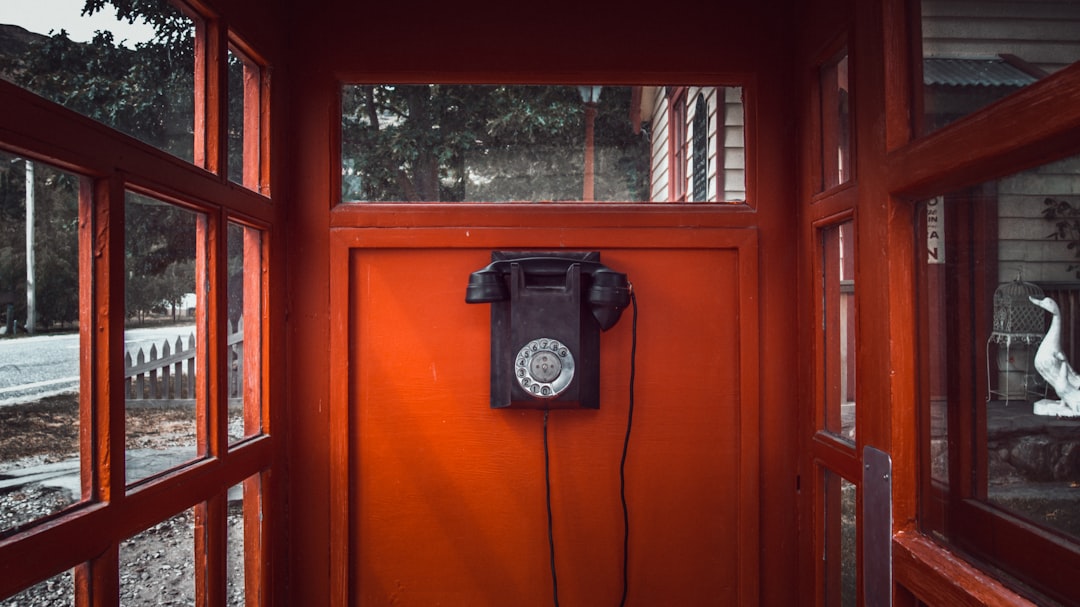Robocalls are a growing problem in Massachusetts, disrupting agriculture and communication. While regulated by laws like TCPA, many farmers wonder "Can I Sue For Robocalls Massachusetts?" Excessive automated calls can cause significant harm, prompting legal action under consumer protection laws to maintain seamless farm operations.
In the digital age, Massachusetts’ agricultural sector faces a modern nuisance: robocalls. These automated phone calls, often unwanted, have become a pervasive issue for farmers and rural communities. This article delves into the impact of robocalls on Massachusetts agriculture, exploring legal avenues like suing for robocalls under state laws, analyzing effects on farm operations and livelihoods, and presenting strategies to combat and regulate these intrusions. Understanding these aspects is crucial for fostering a sustainable agricultural environment in the state.
Understanding Robocalls in Massachusetts Agriculture

Robocalls, automated phone calls that deliver recorded messages, have become a pervasive issue for many industries, including agriculture in Massachusetts. While their use is regulated to some extent by laws like the Telephone Consumer Protection Act (TCPA), understanding the specific impact on agricultural businesses is essential. Farmers and agricultural service providers often rely on phone communication for operations, marketing, and customer relations, making them particularly vulnerable to unwanted robocalls.
In Massachusetts, as in many states, there’s a growing concern about the frequency and tactics of these automated calls, including political messaging and telemarketing. The question of “Can I sue for robocalls in Massachusetts?” is relevant for agricultural entities that experience significant disruption due to unsolicited or abusive automated phone calls. Knowing their rights under the law can empower farmers and agribusinesses to take action against excessive robocalling activities, ensuring they can continue operating without unnecessary interference.
Legal Framework: Can You Sue for Robocalls?

In Massachusetts, as in many states across the country, robocalls have become a prevalent and often unwanted nuisance. However, when it comes to legal recourse against these automated calls, particularly those related to agriculture, there are specific protections in place. The Telephone Consumer Protection Act (TCPA) prohibits automated or prerecorded calls to mobile phones without explicit consent. This legislation extends to businesses, including agricultural enterprises, that use such technology for marketing or other purposes.
If you’re receiving excessive or unwanted robocalls in Massachusetts, knowing your rights under the TCPA is essential. If a business has violated these regulations, affected individuals may have the right to sue for damages, including monetary compensation for each violation. Consulting with legal experts specialized in consumer protection and telecommunications laws can help determine if taking legal action against robocallers is a viable option for Massachusetts agricultural sector members.
Impact on Farmers and Rural Communities

Robocalls, while often seen as a nuisance in urban areas, have a unique impact on farmers and rural communities in Massachusetts. These automated phone calls, often used for political advertising or telemarketing, can disrupt farm management and communication strategies. Farmers rely heavily on their time and efficient information dissemination to oversee crops, coordinate labor, and manage sales—all activities that can be interrupted by unwanted robocalls.
The constant barrage of automated calls not only wastes farmers’ valuable time but also contributes to a broader sense of frustration within rural communities. Many residents in Massachusetts’ agricultural sectors wonder if they have legal recourse against these persistent intrusions, prompting questions about the potential for suing for robocalls in Massachusetts. This growing concern highlights the need for regulations that protect individuals and communities from excessive and unwanted communication practices.
Strategies to Combat and Regulate Robocalls

Robocalls have become a significant nuisance, particularly for businesses and residents in Massachusetts. While they offer certain advantages in marketing and communication, their excessive use can lead to economic losses and privacy intrusions. To combat this issue, several strategies are being employed. One of the most direct approaches is regulation. The Federal Communications Commission (FCC) has implemented rules to limit robocalls, such as requiring caller identification and providing opt-out mechanisms for recipients. Massachusetts can further strengthen these regulations by introducing specific laws targeting agricultural sectors, ensuring farmers and local businesses are protected.
In addition to regulatory measures, legal actions can be taken against companies engaging in excessive or unauthorized robocalling practices. Individuals who receive unwanted robocalls may have grounds to sue under the Telephone Consumer Protection Act (TCPA), which prohibits automated calls without prior consent. Consulting with attorneys specializing in telecom law can help Massachusetts residents understand their rights and seek compensation for nuisance calls, offering a powerful deterrent against abusive calling practices.






